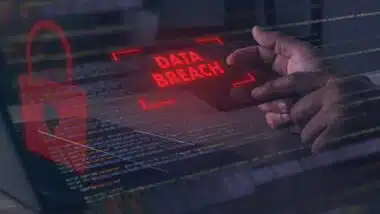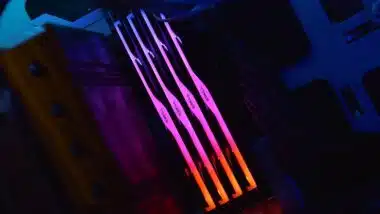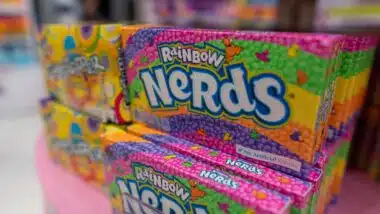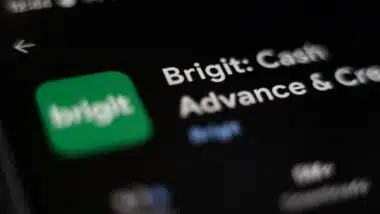 FACTA, or the Fair and Accurate Credit Transactions Act, is part of the Fair Credit Reporting Act. The Fair and Accurate Credit Transactions Act (FACTA) was designed to protect debit card receipt privacy in an effort to prevent identity theft.
FACTA, or the Fair and Accurate Credit Transactions Act, is part of the Fair Credit Reporting Act. The Fair and Accurate Credit Transactions Act (FACTA) was designed to protect debit card receipt privacy in an effort to prevent identity theft.
FACTA regulates the ways that personal information must be protected and kept private by businesses, as well as regulating the sharing and disposal of this information. FACTA also allows consumers to access their own credit reports for free.
Under FACTA, electronic payment systems that print receipts are required to truncate consumer personal financial information in order to reduce the ability of thieves to use the receipts to commit identity theft.
When Did FACTA Become Effective?
The U.S. resolution was passed in 2003, but retailers had until 2006 to become compliant. However, according to consumer reports, some businesses may still be providing customers with non-FACTA compliant receipts.
How Does FACTA Help Protect Debit Card Receipt Privacy?
FACTA limits the information that can appear on an electronically generated receipt when you purchase an item or service. Limiting this information is important in order to protect consumer privacy and combat identity thieves.
Thieves who obtain one or multiple non-FACTA compliant receipts for the same consumer may be able to piece together enough information to commit identity theft and financial fraud. By limiting the amount of information allowed to be printed on a receipt, FACTA may protect consumers from having their identity and money stolen.
What Is the Receipt Legally Allowed to Show?
By law, the receipt may only show the last five digits of your debit card number and may not show the expiration date. The missing digits and missing expiration date are often filled in with asterisks on the FACTA-compliant receipt.
If I Visit a Little Shop That Provides Handwritten Receipts, Does That Store Have to Follow FACTA?
Any store that only provides handwritten receipts or receipts made on the old imprinting machines are not bound by FACTA rules. Only electronically printed receipts are governed by FACTA regulations pertaining to which account and expiration digits may be shown.
What Information Is Allowed on the Receipt?
In addition to the shortened – or truncated – information regarding your card number, the receipt may contain information to identify what was purchased and when in case a return is necessary down the road.
The time, date, store location, UPC symbol and/or name of the item purchased and your name all may appear on the receipt. In the case of multiple stores existing and several cash registers, the store number and cash register number or even the first name of the cashier may appear on the receipt.
Any taxes, change provided, approval codes or other information pertinent to the retailer may appear on the receipt, too.
Receipts that do not comply with FACTA regulations may be incorrect in a number of ways. These receipts may include all of the digits in a customer’s account number or any of the digits in the expiration number. In some cases, businesses may truncate the wrong digits. If any digits other than the last five digits of the account number are shown, the receipt may non-compliant.
What Can I Do if I’m Handed a Debit Card Receipt That Violates FACTA?
If you receive a receipt that shows more than the last five numbers of your debit card number or any part of the card’s expiration date, you could have a case against the retailer.
FACTA allows the collection of between $100 and $1000 per FACTA violation. Individuals who become lead plaintiffs in class action lawsuits have received as much as a $20,000 incentive award.
Why Would the Court Provide an Incentive Award in a FACTA Lawsuit?
When a retailer is violating FACTA, that retailer is placing every customer that buys something in jeopardy of being a victim of identity theft. The courts value a consumer coming forth and helping protect debit card receipt privacy.
How Big of a Problem is Identity Theft?
According to a 2019 Identity Fraud Study conducted by Javelin Strategy & Research, 14.4 million consumers were victims of identity theft in 2018 alone. Nearly 3.3 million victims were ultimately held responsible for some of the fraudulent activity, which was almost three times as many people who were held accountable for fraudulent activity on their own accounts in 2016.
How Does FACTA Help Protect Against Identity Theft?
The law created Red Flag Rules that require financial institutions to design identity theft programs to help protect their customers from identity theft. Red flags may include the sudden creation of a new account that appears to have been created by the customer or an address change. The bank or credit union who issued your debit card must validate these changes and not just accept them as regular banking activity.
What If I Move to a Different City. Will My Account Be Frozen?
If you really do move, just be sure to notify the bank in advance of your new address so that they don’t think it’s an attempt at fraud in your account.
This article is not legal advice. It is presented
for informational purposes only.
ATTORNEY ADVERTISING
Top Class Actions is a Proud Member of the American Bar Association
LEGAL INFORMATION IS NOT LEGAL ADVICE
Top Class Actions Legal Statement
©2008 – 2026 Top Class Actions® LLC
Various Trademarks held by their respective owners
This website is not intended for viewing or usage by European Union citizens.















2 thoughts onFACTA Helps Protect Your Debit Card Receipt Privacy
Add me
Add me please